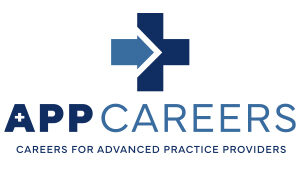Here are 15 actionable Tips for Negotiating Employment Contracts as an Advanced Practice Provider
1. Research industry standards: Understand typical salary ranges, benefits packages, and contractual terms for advanced practice providers in your specialty and geographic area.
2. Prioritize your needs: Identify your must-have requirements and areas where you are willing to negotiate to find a balance that meets your professional and personal goals.
3. Seek legal advice: Consider consulting with a healthcare contract attorney to review the contract terms, explain legal implications, and help you negotiate more effectively.
4. Clarify ambiguous language: Ask for clarification on any unclear or vague terms in the contract to ensure mutual understanding and prevent misunderstandings in the future.
5. Advocate for yourself: Don’t be afraid to negotiate for better terms that align with your value, experience, and professional goals. Express your concerns and preferences openly and professionally.
6. Consider long-term implications: Evaluate how the contract terms may impact your career growth, work-life balance, and overall job satisfaction in the future.
7. Request written agreements: Ensure that any negotiated changes or additions to the contract are documented in writing to avoid misunderstandings or disputes later on.
8. Build positive relationships: Approach contract negotiations as a collaborative process aimed at establishing a mutually beneficial partnership with your employer.
9. Be prepared to walk away: If the terms of the contract do not align with your needs and expectations, be ready to decline the offer and continue searching for opportunities that better suit your goals.
10. Take your time: Don’t rush through the negotiation process. Take the time to thoroughly review the contract, ask questions, and seek clarification on any concerns before making a decision.
11. Leverage your unique skills and experience: Highlight your specialized training, certifications, and any additional qualifications that add value to the organization. Use this information to negotiate for competitive compensation and benefits that reflect your expertise.
12. Discuss opportunities for professional growth: Inquire about mentorship programs, leadership development initiatives, or opportunities to take on new responsibilities within the organization. Negotiate for a clear pathway for career advancement that aligns with your long-term goals.
13. Understand the organizational culture: Research the workplace culture and values of the organization to ensure alignment with your own professional values and work style. Use this knowledge to negotiate for a work environment that promotes collaboration, respect, and a positive work-life balance.
14. Seek clarity on performance expectations: Request specific details on performance expectations, metrics for success, and evaluation processes. Clarifying these expectations upfront can help you set realistic goals and demonstrate your value to the organization, potentially leading to future opportunities for advancement or salary increases.
15. Consider non-monetary incentives: In addition to salary and benefits, consider negotiating for non-monetary incentives such as flexible work arrangements, opportunities for telecommuting, or additional paid time off. These perks can contribute to your overall job satisfaction and work-life balance.
By incorporating these additional tips into your negotiation strategy, you can advocate for yourself effectively, secure a contract that meets your professional needs and aspirations, and establish a strong foundation for a successful and fulfilling career as an Advanced Practice Provider.


